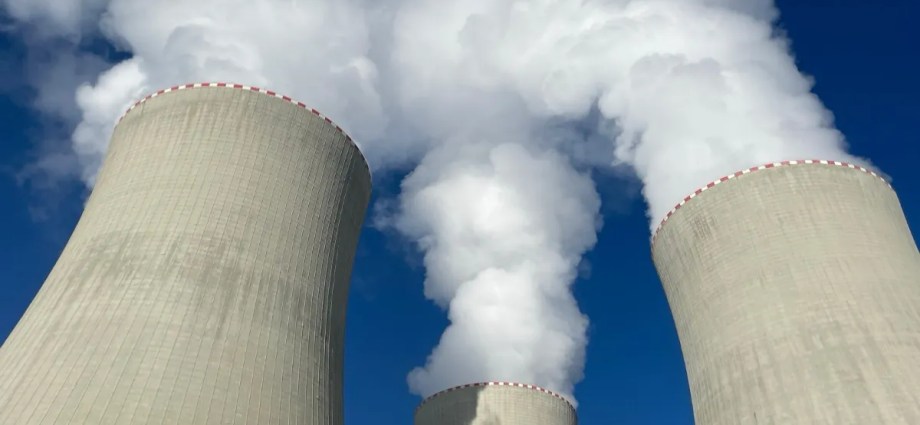Ghana Selects US and China as Partners for Historic Nuclear Power Proje
Historic Partnership for Ghana’s Energy Future
In a landmark decision for its energy sector, Ghana has chosen American and Chinese companies as technology partners for its first nuclear power plants. While no formal contracts have been signed yet, this selection marks a crucial step in the West African nation’s nuclear energy ambitions.
Dual Approach to Nuclear Development
The partnership structure reveals Ghana’s strategic approach:
- US-based NuScale Power and Regnum Technology Group (in collaboration with Japanese firms) will construct Small Modular Reactors (SMRs)
- China National Nuclear Corporation will build a Large Reactor (LR)
Project Specifications and Financing
Dr. Stephen Yamoah, Executive Director of Nuclear Power Ghana, provided key details about the projects:
- The large reactor will have a 1,200 megawatt capacity
- The SMRs will consist of 12 modules (77MW each) totaling 924 megawatts
- Financing models include:
- Build, Operate, Transfer (BOT) for the LR with local equity participation
- Public-Private Partnerships (PPP) for the SMRs
Current Progress and Site Selection
Ghana has already signed framework agreements with the selected vendors. Experts are currently collecting environmental and oceanic data to determine the optimal location for the nuclear plants.
Why Nuclear for Ghana?
Mr. Archibold Buah-Kwofi, Acting Director of the Nuclear Power Institute, emphasized the critical need for this energy transition:
“We need to fast-track the adoption of nuclear power to secure our energy future. Our current energy mix relies heavily on fossil fuels and hydro, with renewables contributing just one per cent.”
Expected Benefits
The nuclear initiative promises multiple advantages for Ghana:
- Reduced reliance on fossil fuels
- Climate change mitigation
- Enhanced energy security
- Support for industrialization
- Compensation for declining hydro sources
- Lower electricity tariffs for industries
- Potential for water desalination
- Job creation opportunities
Roadmap and Historical Context
The Ghanaian government plans to integrate one gigawatt of nuclear power into the national grid by 2034. This ambitious project revives Ghana’s nuclear aspirations that were initially disrupted by a coup in the 1960s and officially restarted with International Atomic Energy Agency (IAEA) support in 2006.
Vendor Selection Process
The selection followed a rigorous evaluation:
- 16 responses received to government’s initial call
- Technical team (guided by Energy Ministry) shortlisted 5 candidates
- Final selection narrowed to the current US-China partnership
Ghana joins several African nations turning to nuclear energy to address power challenges and fuel economic growth in the coming decades.
Source: Ghana News Agency
This article summarizes an original report. For complete details, please visit the original article on Ghana Business News.
“`


